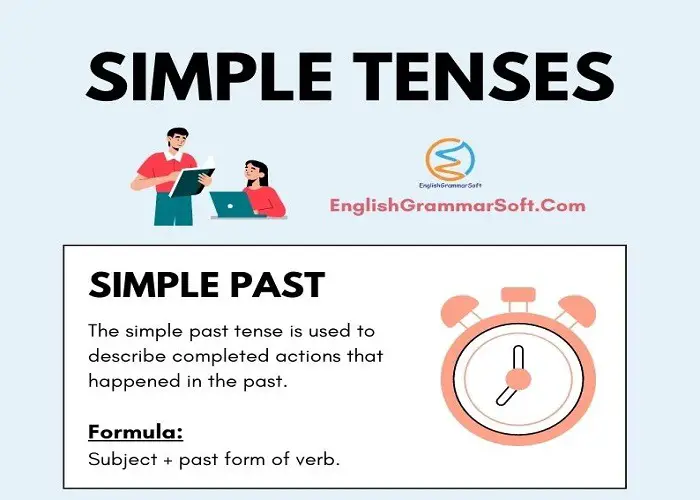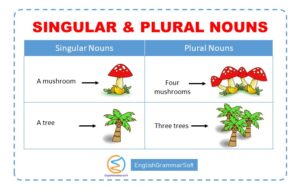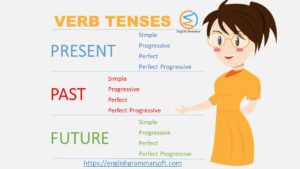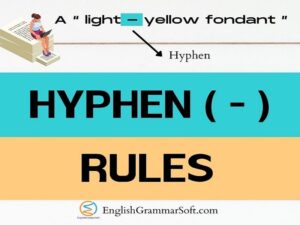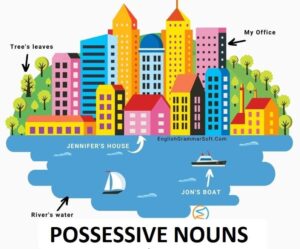Simple Tenses of the Verb (20 Examples Each)
Simple tenses are the most common form of the verb. They are often used when talking about present, past and future events, and the things that happen regularly or generally, such as the weather and routine activities.
What are simple tenses in English Grammar?
The simple tenses in English Grammar are the past, present, and future simple tenses. These three tenses are often used to describe actions that happened at a specific time in the past, are happening now, or will happen in the future.
The present tense is used to describe what is happening now or what is true now.
- I write a blog post.
- She reads the book.
- He drinks the water.
The past tense is used to describe what happened in the past.
- I wrote a blog post yesterday.
- She read the book an hour ago.
- He drank the water at 9AM this morning.
The future tense is used to describe what will happen in the future.
- I will write a blog post tomorrow.
- She will read the book in the evening.
- He will drink the water.
This table shows the summary of simple tenses.
| Simple Tenses | Formula / Structure | Examples |
|---|---|---|
| Simple Present | Subject + base form(+s/es)* | She writes a story. |
| Simple Present Negative | Subject + do/does not + base form | She does not write a story. |
| Simple Present Question | Do/Does + subject + base form + ? | Does she write a story? |
| Simple Past | Subject + Past Tense Form | She wrote a story. |
| Simple Past Negative | Subject + did not + base form | She did not write a story. |
| Simple Past Question | Did + subject + base form + ? | Did she write a story? |
| Simple Future | Subject + will + base form | She will write a story. |
| Simple Future Negative | Subject + will not + base form | She will not write a story. |
| Simple Future Question | Will + subject + base form + ? | Will she write a story? |
* For third person (he, she, it), we add (s/es) to the base form.
What is a simple present?
The simple present tense is used to describe habits, unchanging situations, general truths, and feelings. We use the simple present tense when an action is happening now, at a later time, or regularly (every week, every month).
To form the simple present tense, we use the base form of the verb:
Examples
- I read a lot.
- You learn English.
- He watches television.
20 Examples of Simple Present Tense
- I wake up at 7 am.
- I tend to forget things sometimes.
- Tom likes playing football.
- She lives in a small town.
- My mom stays at home and my dad works in a factory.
- In the evenings, I like to read books or listen to music.
- On weekends, James often goes out with his friends.
- We usually go to the park or to the movies.
- I do my homework at 5 pm.
- The rain falls from the clouds.
- Sometimes we also go hiking in the mountains nearby.
- I think it’s important to have hobbies and interests outside of school and work.
- It helps me relax and forget about my everyday problems for a while.
- I take a shower and eat breakfast before leaving for work.
- I make dinner when I get home.
- He wears a white hat.
- I read for a half hour before falling asleep every night.
- On weekends, I sleep in and do not set an alarm clock.
- It is dirty outside after the rainstorm.
- She leaves the house early in the morning.
- You are responsible for this mess.
What is a simple past?
The simple past tense is used to describe completed actions that happened in the past. We use the simple past tense when we want to talk about something that happened at a specific time in the past.
To form the simple past tense, we use the past form of the verb:
- I read a lot.
- You learned English.
- He watched television.
20 Examples of Simple Past Tense
- They prepared dinner.
- We met them at the party.
- I designed the logo.
- He danced in front of the crowd.
- I woke up in the middle of the night and couldn’t go back to sleep until 4 am.
- I talked to my friend.
- I drank milk at daybreak.
- He painted the room white.
- We travelled to Paris and Rome.
- She arrived at work on time.
- They sold their car for cash online.
- They didn’t eat any vegetables when they were kids.
- We never talked about money in our house.
- He sent his resume and cover letter to headhunters around the country.
- They looked directly into the camera during all of their performances.
- Susie painted the walls at her old apartment a year ago.
- My husband broke his foot that summer.
- Yesterday, I played tennis with my friends.
- Last week, I saw a movie with my family.
- A month ago, I started a new job.
- I talked to my friends at the party.
- I went to bed after taking a shower.
What is a simple future?
The simple future tense is used to describe an action that will happen at some point in the future. We use the simple future tense when we want to talk about something that hasn’t happened yet but that we expect or
plan to happen.
To form the simple future tense, we use the base form of the verb plus the modal verb “will”:
- I will read a lot.
- You will learn English.
- He will watch television.
20 Examples of Simple Future Tense
- I will have a great time at the party.
- Tom will drink lots of delicious cocktails.
- He will make sure to get home safely at the end of the night.
- I will meet new and interesting people there.
- You will become a famous musician.
- They will get married.
- I will finish my degree in 2 years.
- Thomas will start my own company one day.
- She will take an umbrella with her tomorrow if it rains.
- He will make dinner for us tonight.
- They will compete for the championship tomorrow.
- We will go to the movies when we are on vacation.
- Tom will plant a garden next year.
- Her party will begin at 7:00.
- She will be ready when she comes home from work.
- We will be able to meet their standards in the future.
- She will contact her teacher today.
- I will study English at home tonight.
- We will submit an entry by Friday.
- She will register for the next class online.
- The company will offer training in July.
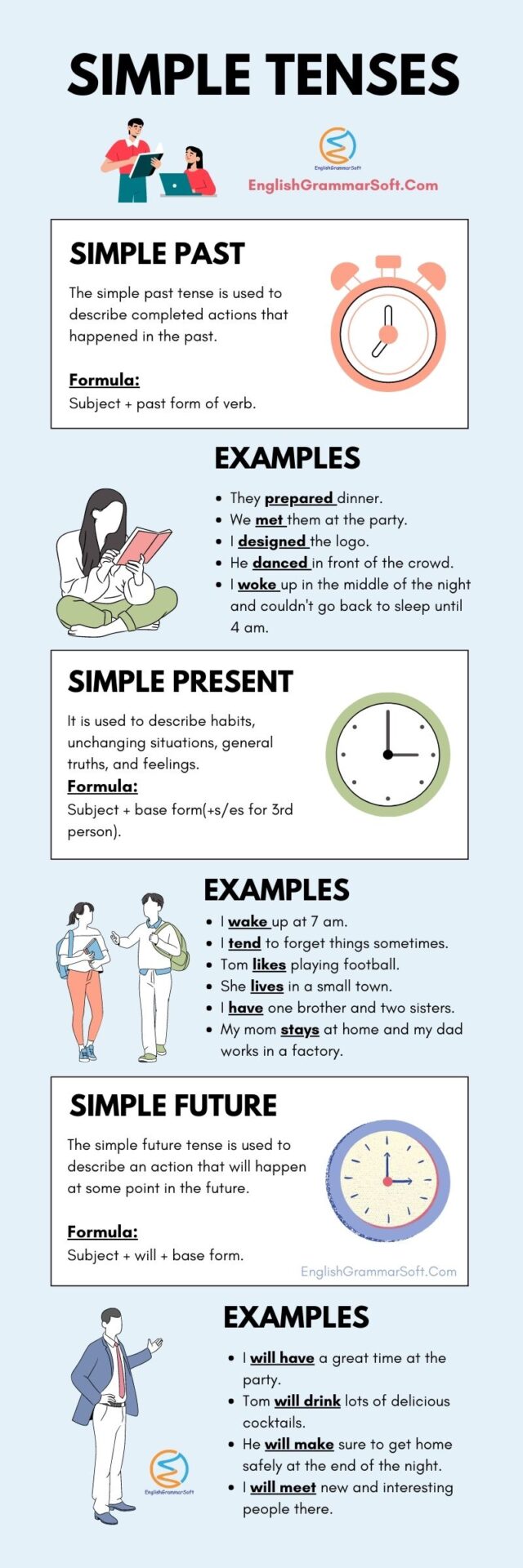
Further Reading
